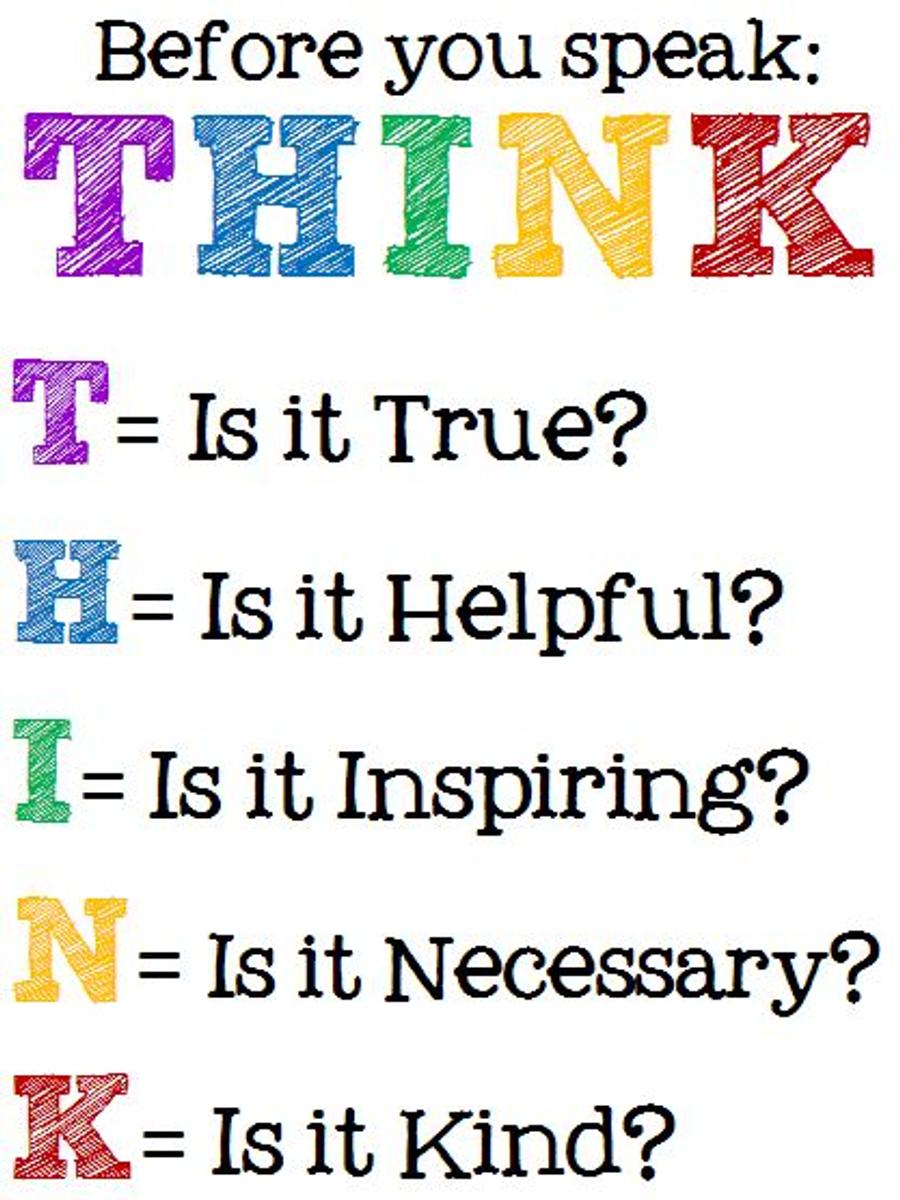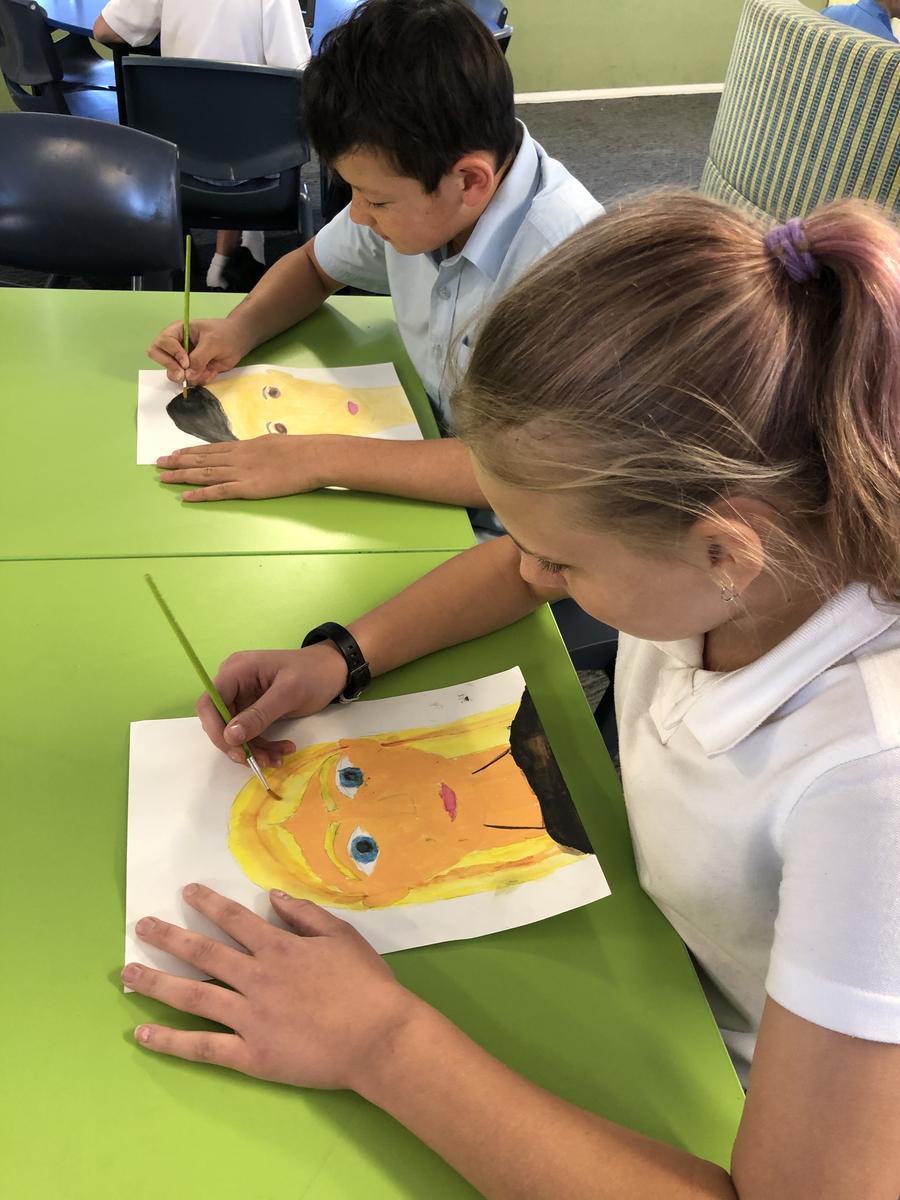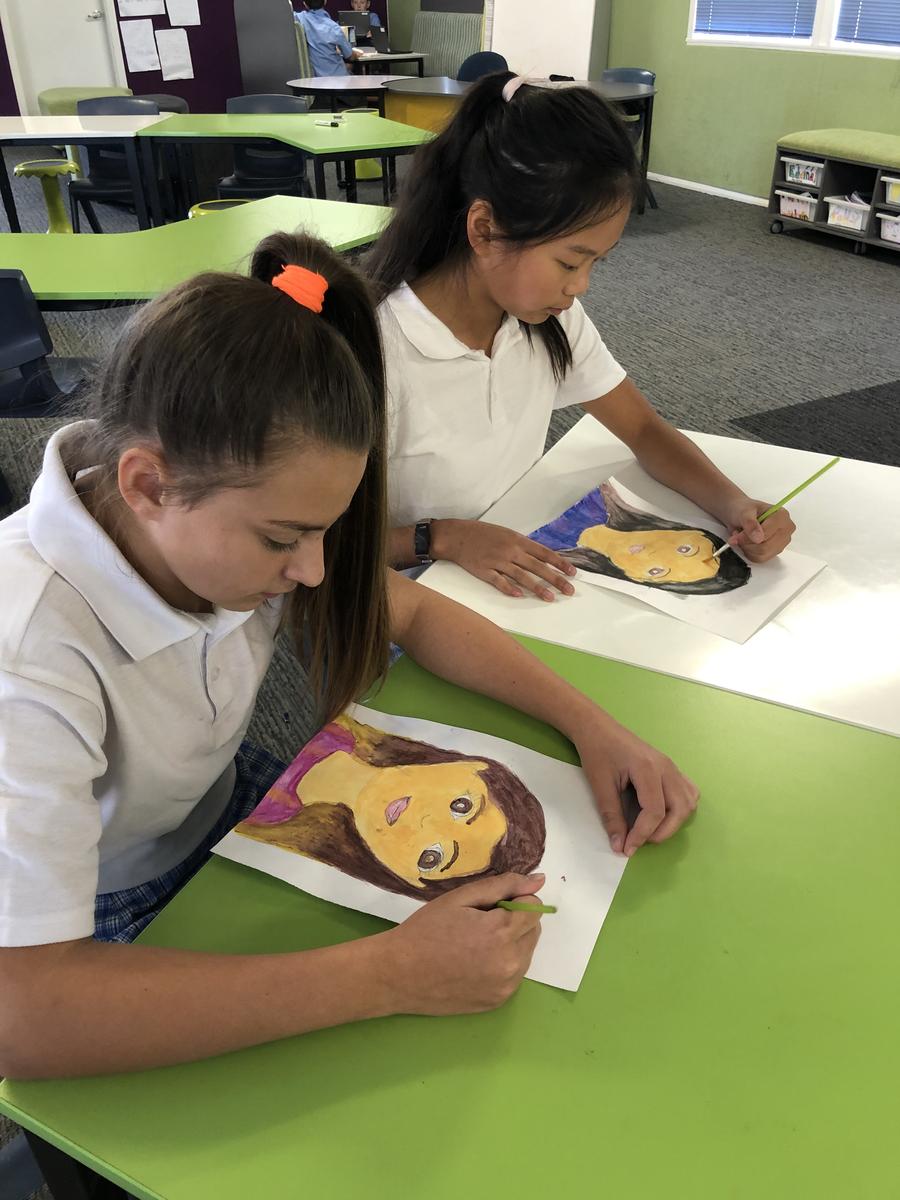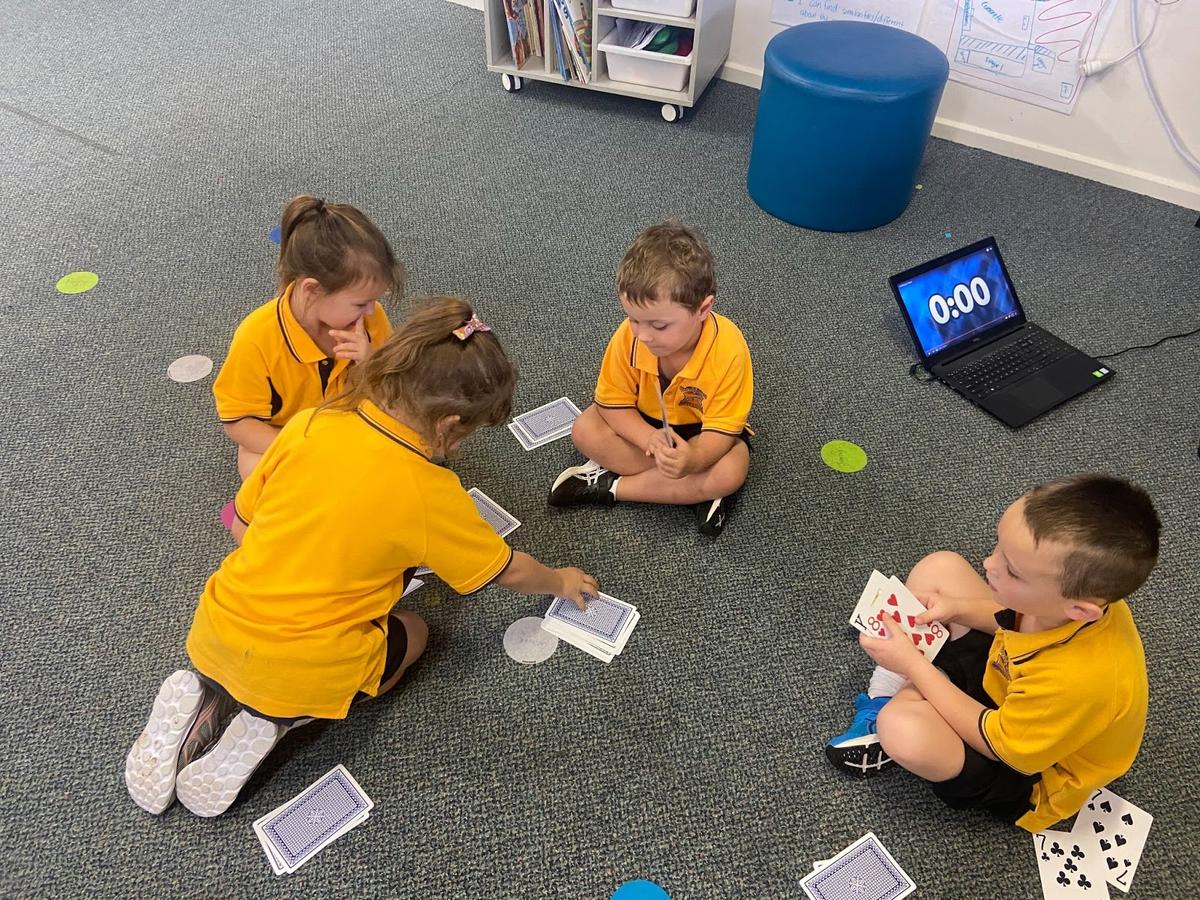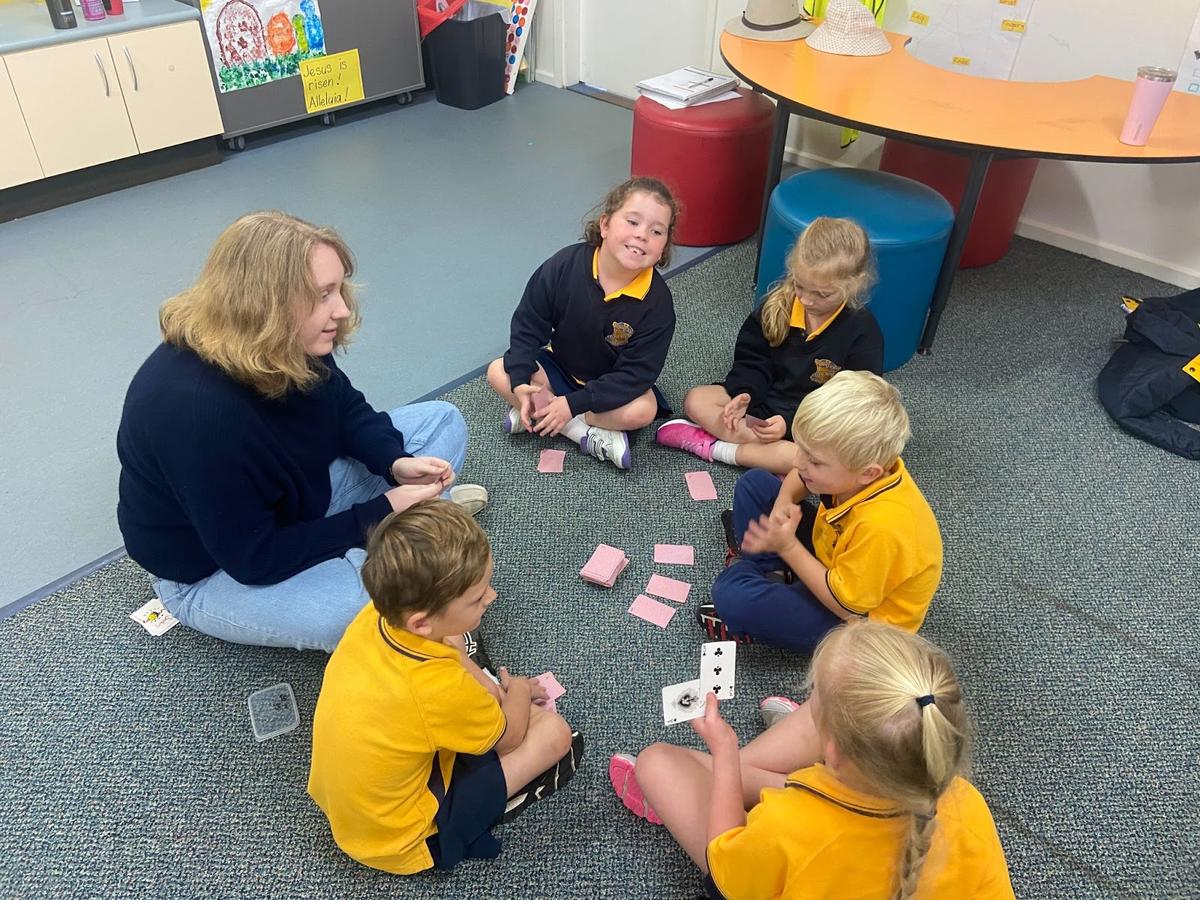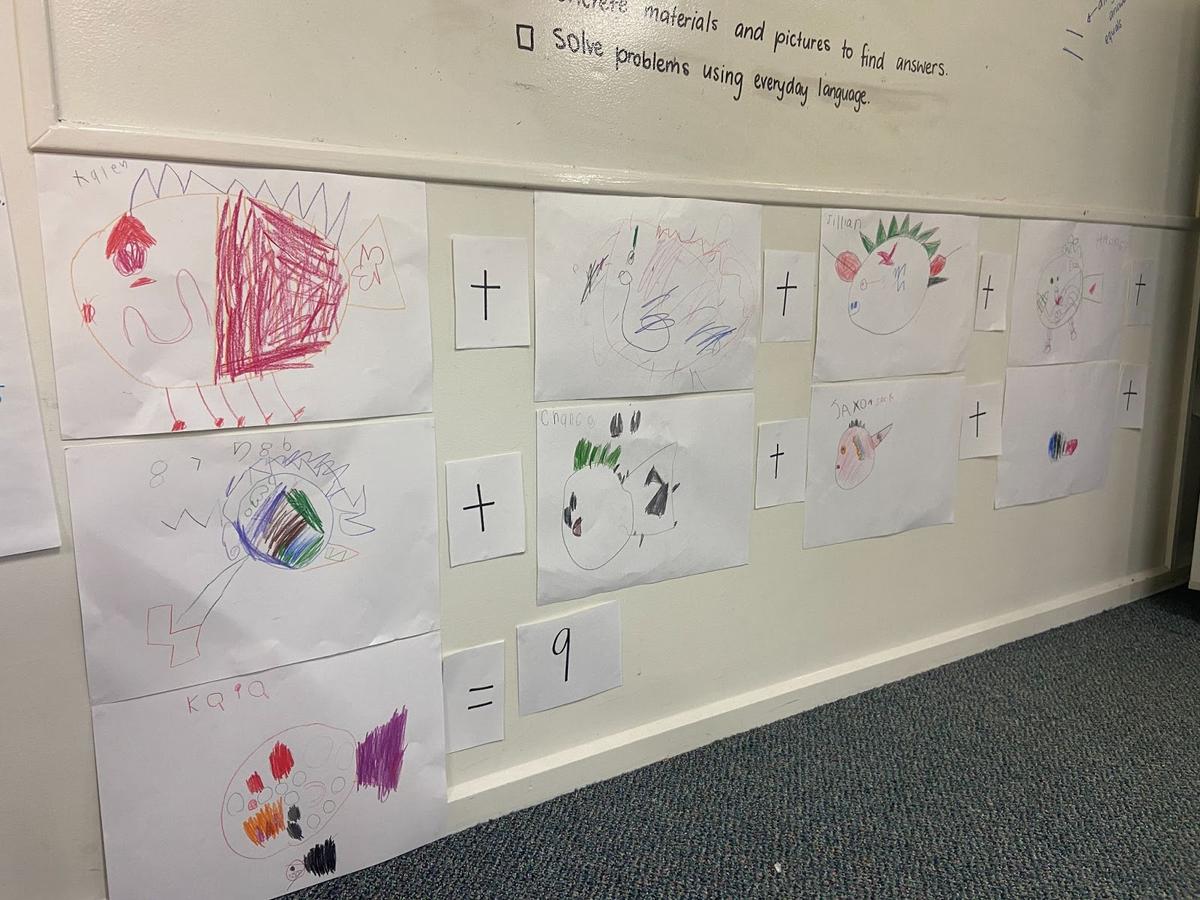Learning Gallery
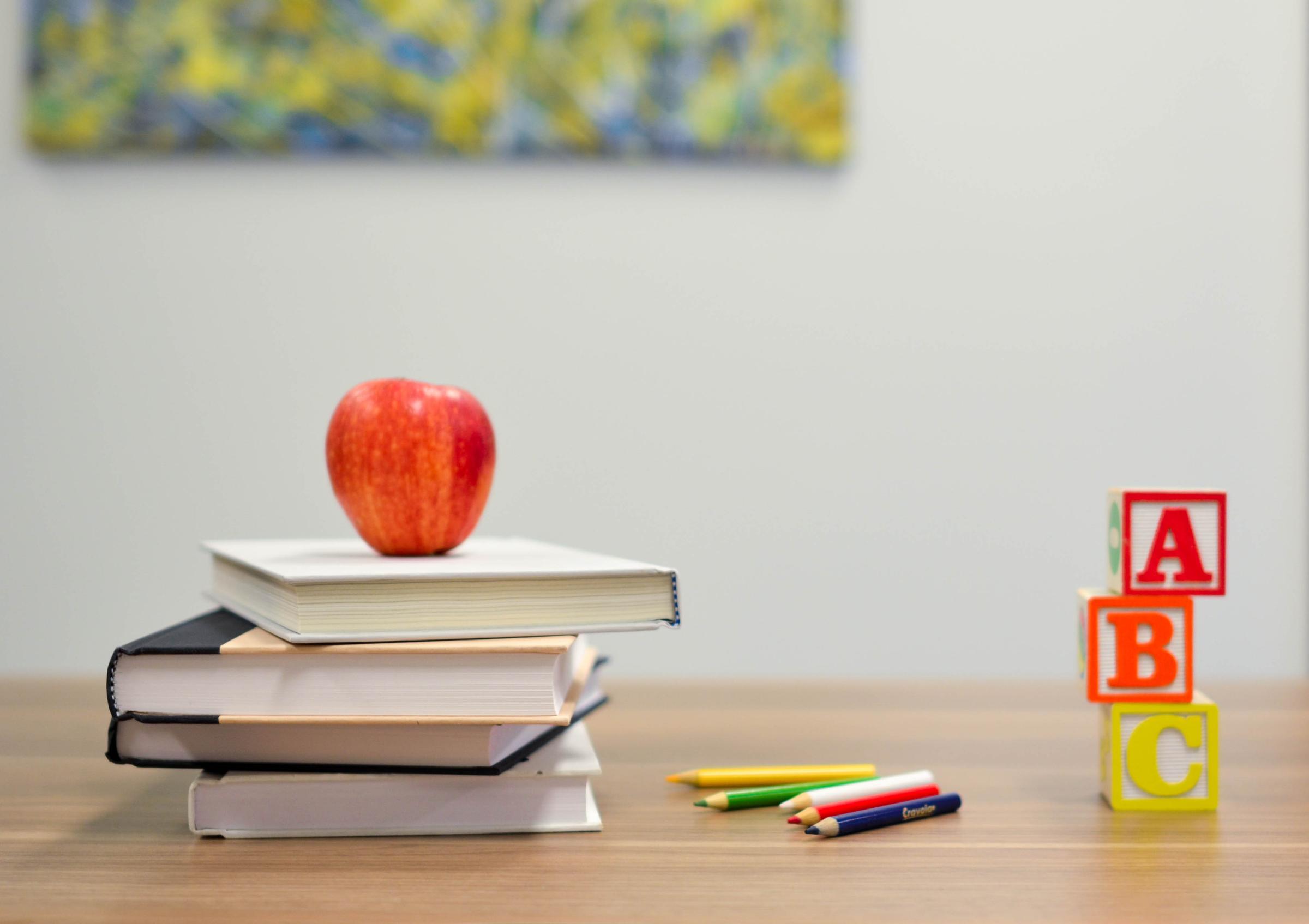
Catholic Schools Week
All families are invited to join us for Open Classrooms, a special assembly, and a shared Morning Tea on Wednesday 26 May to celebrate Catholic Schools Week.Catholic Schools Week is approaching! (23rd-29th May).
This year is extra special as we are celebrating 200 years of Catholic Education in Australia! The theme for Catholic Schools Week this year is 'Faith in the Future'.
To mark this special occasion, on Wednesday 26th May from 9:15 am we are very excited to once again invite our families to visit our school and join us in the celebrations.
9:15 am - 9:45 am | Open Classrooms Come and see how learning looks, sounds, and feels at St Joseph's |
| 10:00 am | Whole School Assembly Each stage will be performing an item |
At the conclusion of our assembly, we welcome you, to stay for a shared morning tea in our school playground. Our morning tea will consist of a celebratory cake and scones with jam and cream will be available to pre-order via Qkr!.
Together we can make this year's Catholic Schools Week a celebration to remember!
If you are able to attend, please RSVP via bit.ly/3eq9Zw4
We look forward to seeing you.
Warm Regards,
Elise Baird
Assistant Principal/Leader of Pedagogy
Living Well, Learning Well
Over the last two weeks, we have been re-visiting and unpacking our We are LEARNERS at Joseph’s Rule for Living and Learning Well.
Here are some examples and student responses about how we can help our own learning and the learning of our peers:
- Attend school ( be part of the St Joseph’s Team)
- Try hard (persist when things are tough)
- Get back on track if redirected
- Talk about my learning:
- What am I learning?
- How am I going?
- How can I improve my work and learning?
- What help do I need? Who can help?
- Don’t disrupt the learning of others or the work of adults who are helping us learn
- Respect yourself and others
We are working as a team to ensure that our students can identify and talk about the behaviours that help their learning and wellbeing and the behaviours that support the learning and wellbeing of others.
You can support us at home by talking with your children and asking them what the I am a LEARNER rule for living and learning means to them.
At our school assembly, there will be special awards presented to students who have demonstrated being a great learner.
Kind Regards,
Elise Baird
Assistant Principal/Leader of Pedagogy
Maths Motivator
Subtraction Tips for Parents
For many years, the expectation was that students use the formal written algorithm rather than their own mental strategies.
The introduction of the use of diagrams such as the bar model and the empty number line allowed students to record their mental strategies, which in turn permitted teachers and parents to see student thinking. Naming these strategies has allowed teachers and students to discuss possible strategies using a common vocabulary.
Rather than teach rules and procedures, we now need to encourage students to explain their strategies using both concrete materials and diagrams to demonstrate their knowledge of addition and subtraction.
For further information go to these links:
Jump, Split or make the next 10
Addition Tips for Parents
Promote and encourage mental strategies for adding numbers.
Ask children to add the totals of the numerals of the number plate in front of you when driving, adding small amounts when shopping, etc.
Parents sometimes wonder why we teach their children addition strategies. “Why not just memorise the facts?”
Here are some reasons why:
- Learning strategies makes addition facts less overwhelming. Instead of memorising every addition fact individually, all it takes is some simple strategies.
- Focusing on strategies is more efficient. Children learn the facts much more quickly–and remember them much better–when they use strategies to find the answers.
- Children develop confidence in their math skills as they realise that math is for understanding, not just memorising.
Think of addition strategies as stepping-stones. Stepping stones aren’t there for you to stay teetering on; they are there to help get you across the creek.
Joke of the Week
If I had 7 oranges in one hand and 6 apples in the other, what do I have?
Big hands!
#whatareyoulearning
This week in Stage 3, we have been learning how to draw a self-portrait using step by step instructions and correct proportions. Students then painted their portraits using colours that represent the actual colour of their hair and eyes.
Elise Vinson
Leader of Learning (Stage 3)
In Kindergarten we have been learning to combine, separate and compare collections of objects. The students have been reading ‘One Fish, Two Fish, Red Fish, Blue fish’ and completing a variety of addition activities related to the book.
Brooke Theobald
Leader of Learning (Kindergarten)


